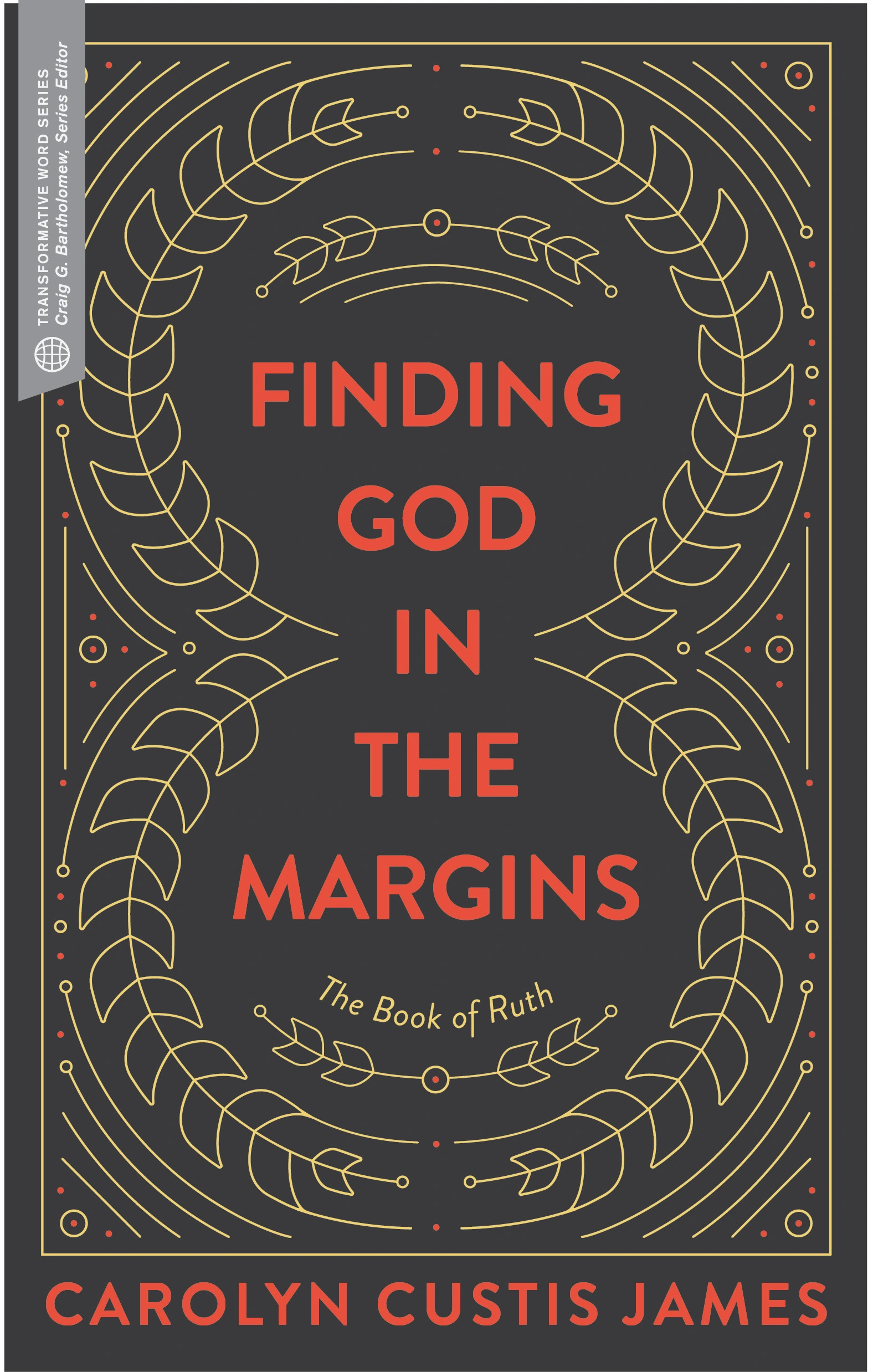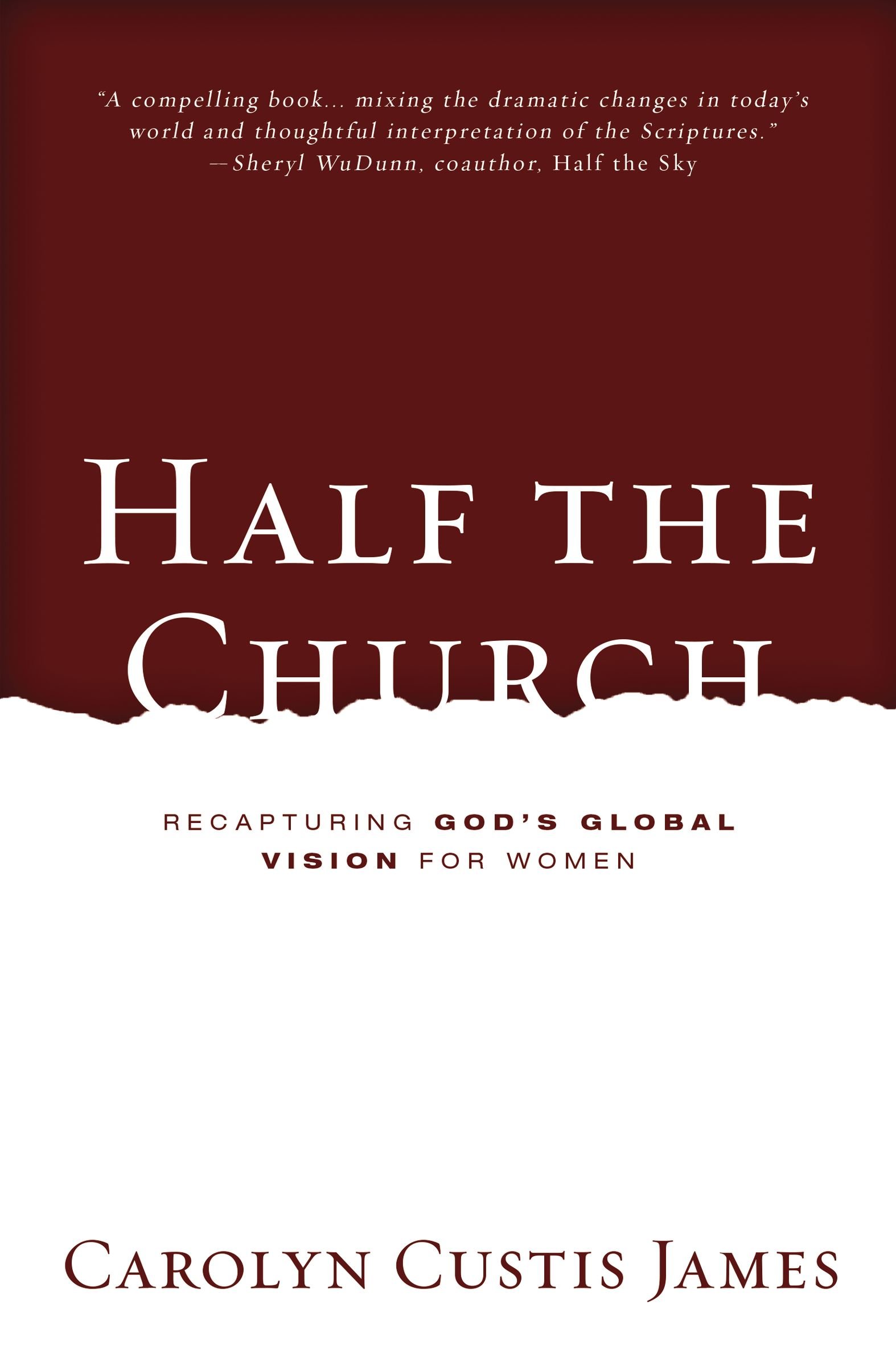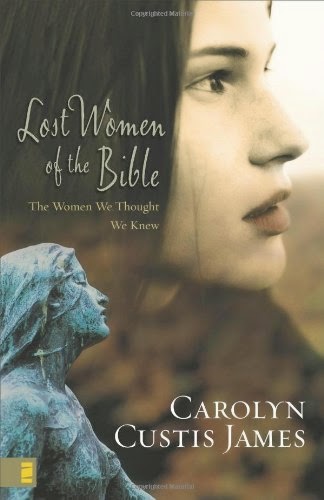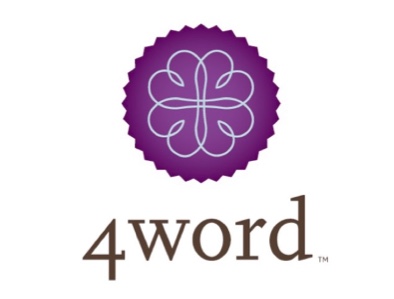“…when it comes to integrating career and family, planning too far in advance can close doors rather than open them. … Of all the ways women hold themselves back, perhaps the most pervasive is that they leave before they leave.”
With all the traveling I do, I’ve heard more than my share of flight attendants instructing me to locate the exit nearest me . . . just in case.
But when it comes to jobs and careers, keeping an eye on the exit isn’t always the best advice. In fact it’s terribly short-sighted.
That’s what Sheryl Sandberg asserts in Chapter 7 of Lean In—”Don’t Leave Before You Leave.”
Sandberg’s Take
As an employer, Sandberg often encounters talented young women who are reluctant to tackle new projects or accept a promotion for which they are qualified. Probing further she’s discovered their reluctance is sometimes based on the well-known dilemma women face between career and personal/family goals.
“From an early age, girls get the message that they will have to choose between succeeding at work and being a good mother. By the time they are in college, women are already thinking about the trade-offs they will make between professional and personal goals. When asked to choose between marriage and career, female college students are twice as likely to choose marriage as their male classmates.” (p.92)
Sandberg appreciates firsthand how demanding a career can be and the significant commitment that comes with a family. And she is adamant in her support of women who, when the time comes, choose to be stay-at-home moms. She’s made that choice herself. What surprises her is how some women opt to scale back their career goals and turn down opportunities to advance before they are married or before her first child arrives.
She urges women to rethink this approach.
“What I am arguing is that the time to scale back is when a break is needed or when a child arrives—not before, and certainly not years in advance. The months and years leading up to having children are not the time to lean back, but the critical time to lean in.” (p.95)
On the upside, she believes a woman has better choices if she moves forward in her career before family responsibilities kick in. Doing that increases the likelihood that her job will become more fulfilling, which helps if she continues working (with or without children) and, if she chooses to stay-at-home, makes returning to work afterwards more appealing. Advancing also means higher pay and sometimes greater flexibility that facilitate her choice to be with her children.
On the downside, scaling back is self-defeating since it means a woman will inevitably fall behind her colleagues and “end up in a job that is less fulfilling and less engaging.“ (p.94) Taking time off, sets her back even more and lowers both the level of her job, and (according to studies) her annual earnings will decline on average 20 percent if she’s off for one year and 30 percent if she off-ramps for two to three years. (p.102)
“Anyone lucky enough to have options should keep them open. Don’t enter the workforce already looking for the exit. Don’t put on the brakes. Accelerate. Keep a foot on the gas pedal until a decision must be made. That’s the only way to ensure that when that day comes, there will be a real decision to make. “ (p.103)
My Take
There seems to be something in every chapter that strikes a chord with me. This chapter was no exception. I agree with the challenge Sandberg is raising, but for different reasons. Still, I wish I had encountered someone like the straight-talking Sheryl Sandberg when I was in my twenties. I needed to hear someone urge me to put my foot on the gas pedal and accelerate.
Instead, I entered the workplace post-college as a single with the belief that I’d find God’s purpose for me as a woman in marriage and motherhood. Which meant my time in the workplace was temporary, second best, and not my true calling. I still worked hard; still cared about my performance. But it was a short-term inconvenience, and my heart wasn’t in it.
In the early years of marriage, I applied for a job as an executive secretary to a hospital administrator “to support Frank’s seminary education.” I figured that would take three years max. (I wasn’t counting on two doctorates.) I made the mistake of mentioning my three-year plan to my prospective boss—something I lived to regret. I had just announced that I had no intention of advancing and excluded myself from ever being considered for another position.
My eye was already on the exit door.
Frank was entering doctoral studies when I passed the three-year mark. It was a spiritual crisis for me—one of those When Life and Beliefs Collide moments in my story. Frank and I had some good but stretching conversations that exploded my preconceptions about marriage roles. Little did I know that the great adventure had begun, and it was not what I expected. I had to come to terms with what God was doing in my life and wrestle with the meaning of my work.
That was when everything changed for me and work became more than a temporary excursion into the workplace to make ends meet. My job became a calling. It was another way for me to honor God with the gifts he had given me. My work at the hospital suddenly had new meaning—it had cosmic significance. No one knows what the future will bring, so as one who bears the image of God, I came to realize that I am to give my all here and now, no matter where I happen to be, to the glory of God.
Little did I know how strategic that crisis would be—both for my marriage as well as for my calling. It forged a deeper partnership between Frank and me where we were in this adventure together and from then on would each do whatever it took to embrace whatever challenges God put in our path. God also used it to prepare me for the next phase of my life when I would take on even greater responsibility to support our family during our four year stay in Oxford during Frank’s D.Phil. studies.
The change in my outlook motivated me to return to my job at the hospital with the conviction that this was my calling. That led me to begin actively looking for opportunities to do more, which over time drew my attention to a different door that ultimately led to my career as a software developer.
I agree with Sandberg. Holding back in the workplace is a short-sighted game plan. But for me it was also presumptuous—a refusal to embrace the way God was leading in my life instead of trusting him and engaging as a calling whatever he placed in front of me.
There are a lot of exit doors in life. Sometimes we should make a graceful exit and sometimes we need to dig in, embrace the situation, and give it all we’ve got. It will take God’s wisdom to know which path to take and when to take it. Obviously, the principles here are much bigger than simply whether or not to get serious about a career. In the final analysis, this is about our relationship with God and actively trusting him in each particular circumstance.
As a Christian the problem with “leaving before you leave” (no matter what hoped-for event or change in circumstances it’s based on) is that we can’t control the future. Full-throttled living in the present is not just wise living, it is a fundamental act of faith in God—the belief that his purposes for me are bound up in where he has me now.
So What’s Your Take?
What exit door are you eying? Do you agree with Sandberg’s advice? Why or why not? How have you handled the challenges of professional and personal priorities?
How can we, as Christians, set a different tone in the career versus stay-at-home mom debate among us?
Lean in with your comments!
Previous Lean In Posts …
- Introduction: Women, Work and the Church
- Chapter 1: The Leadership Ambition Gap
- Chapter 2: Sit at the Table
- Chapter 3: Success and Likeability
- Chapter 4: It’s a Jungle Gym, Not a Ladder
- Chapter 5: Are You My Mentor?
- Chapter 6: Seek and Speak Your Truth
Other related posts …
















I believe we, as Christians, can set a different tone in the career versus stay-at-home debate by realizing God's calling on each of our lives is different from Christian to Christian, woman to woman, man to man, and family to family. And how we all fulfill our callings and purpose will look different from person to person, even season to season.
I think so much of the debate, specifically within the Christian community, relates to this. I wish we could find ourselves cheering one another on as we pursue our unique callings, instead of pointing out what we do differently (be that home life or work life). Offering encouragement to each other, instead of holding others back. Realizing God created us all individually and uniquely. And His plans for our lives are different, and our journeys won't be the same.
As an ordained pastor (married to another ordained pastor), I have recently experienced doors being closed FOR me, instead of me getting to make that choice. I'm definitely not looking for the 'exit door'. I just want to be given a chance. I have realized much my experience is based upon differing views of calling, biblical womanhood, and such. Yet, my pastor-husband and I keep moving forward, mutually encouraging and supporting one another to pursue God's calling for each of us. For this (and him), I am grateful.
LikeLike
How can we set a different tone in the career versus stay-at-home debate? I'd start by drop-kicking the term “stay-at-home mom” off the nearest bridge. I loathe that phrase! The trouble is, I haven't been able to come up with something that works better. But it's demeaning, and gives a false sense of what [insert hypothetical better term] is all about.
Given that we apparently have to live with labels, even poor ones, I'd agree with jadaswanson that we need to be more mutually encouraging. If I had to diagnose the root of the reason we are not, I'd say we are all too insecure and fearful. If we were more comfortable in the skin of our own callings, we wouldn't feel the need to reassure ourselves by diminishing others.
LikeLike
I see a lot of “leaving before you leave” in many of my acquaintances who are near retirement. Even those who began their work with enthusiasm and a sense of calling are often beaten down over the years. I see it especially in teachers, but they are by no means the only ones.
LikeLike
Mutual encouragement would be a breath of fresh air for everyone and spare us from wasting time recovering from the hurt. Getting at the roots of why we seem to be unable to do that is crucial. And I'm happy to toss flawed labels off the bridge.
My whole ministry career has been dedicated to finding out if the Bible offers us a vision that will frame every woman's story.
You would not believe the flack I get from people at both ends of the spectrum who are offended because I didn't declare them the winner. They can't see how the vision of image bearer, ezer-warrior, and the Blessed Alliance frames their story too and empowers them to embrace God's unique calling on their lives. They seem more concerned about being right.
But I'm not giving up!
LikeLike
One thought that strikes me as I read this blog is that we are to live fully engaged for the Lord. This means that wherever I am, whatever I do, I am completely embracing that moment and energy to glorify God. In the workplace before hubby and children, I took advantage of every opportunity possible for advancement. The truth is there are no guarantees of marriage, children, or staying at home. I wonder as well as we explore gender and roles if our expectations of our husbands to support their wives especially in the times we now exist, are those desires are realistic. I do agree with Sandberg, that women can cut themselves off from wonderful opportunities and possible callings, by embracing a mantra of home and children with hubby as the only option. I often view the life of a woman as an old river that has many bends due to children and hubby, (if that traditional path is taken) but the river continues to flow with wisdom, experience and perspective that brings great value to the workplace if and/or when she decides to return. But the big emphasis in this chapter seems to be that if one is in the workplace to not disengage or slow down career progress due to what might happen. Don't miss what is taking place and dive in!
LikeLike
When I first started reading, I expected a different direction. Right now I have a friend who is looking for an exit door because she is afraid of the battles that lie in leadership, in her case, unsupportive men who question her position as it takes scope away from theirs. With one eye on the exit door, it makes it hard for her to engage fully and she communicates her insecurity.
In the book “Play Like a Man, Win Like a Woman,” the author talks about how we as women may be more transparent about our feelings than men (i.e. we don't “bluff.”) While men “fake passes,” we express feelings before we know if they are true or not.
I've learned to keep “exit” feelings to myself or a trusted group of friends until I'm sure that they are a direction I want to go. That way men who are problem solvers don't start helping me before I am ready. And I communicate that I am all “in” until I'm 99% sure that I need to find the exit door.
I guess what I'm saying is that this topic is more than leaving the workplace for children. It could be any number of reasons you are looking towards the exit. Explore why you are looking for the door so that you can know yourself. But keep it to yourself in the workplace until you are ready to commit.
LikeLike
I am not sure if Sheryl Sandberg read the pagan poet Horace, but there is a parallel to his famous aphorism: carpe diem (“seize the day”). I would argue that this bears some resemblance to God’s creation mandate to “rule and subdue.” My good friend Martin Luther put it a bit more colorfully when he said that Christians should; “grab the goose by the neck.” Dear sisters—may I remind you that life is all too short and it would behoove you to grab every goose’s neck within reach.
LikeLike
“Full-throttled living in the present is not just wise living, it is a fundamental act of faith in God—the belief that his purposes for me are bound up in where he has me now.”
Oh that this statement had been in my framework over the past 20 years of living in a “what-if” mentality. What-if I get married? What if I have to move? What if my extended family can't survive without me? What if I get married? What if? The possibilities wasted and lost are heart-breaking. Only recently have I finally found the ability to reject the questions which plague me as a single, left-ministry, mid-thirties woman.
Also, it would have changed how I view my friends' choices. I can now accept that some of my friends don't feel called to have children – and that's ok. Some of my friends want to work while their children are young – that's ok. Some want to be excutive directors and pursue careers full-throttle – and that's ok. Some want to stay at home and be the “domestic manager” (could this phrase work, Linda?!) – and that doesn't supercede all the others as a calling. And with the realization, I've been apologizing to my friends for these judgments I've laid on them and myself.
Carolyn – thank you for posting this series which has caused great spiritual reflection and repentance in my soul. Look, you're a mentor!!!
Dr. J – I'm reaching for that gooseneck!
LikeLike
Thanks for the suggestion, Debby, but “domestic manager” has the same problem as my preferred title of “homemaker.” I love that term: the making of a home is a very high calling! It's also a much nicer choice on surveys, which often only give me “unemployed” as the closest option. But those who are employed outside the home — wait, that excludes those who, like my husband, work from home — I mean those who bring home a paycheck — wait, that excludes the self-employed — anyway, those “other folks” can reasonably be expected to object on the grounds that they, too, are domestic managers who are making a home. I think I hate labels.
LikeLike
There are definitely advantages to “grabbing the goose neck” early in one's career. I certainly benefited from doing just that, so when I considered stepping away from the work force, I had options. Equally important (and we sometimes don't like to discuss this in Christian circles) but following this model allows women to increase their earning potential while opening doors and making connections early in their careers. Because I “grabbed the goose” early in my career and earned a certain amount of income, I grew to understand the worth of my time and (aside from working at a job that aligns with my calling), I simply won't work for less than what my time is worth. If women don't lean in and learn this early, they can spend their entire careers earning less than what they are worth.
LikeLike